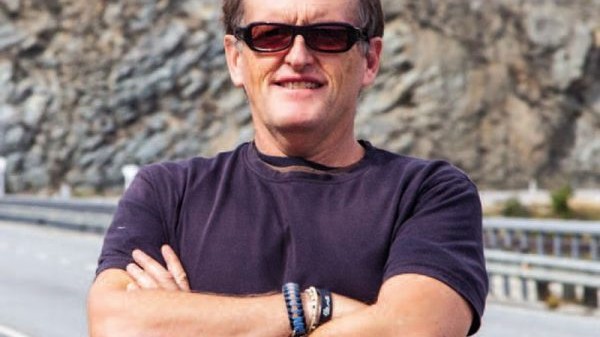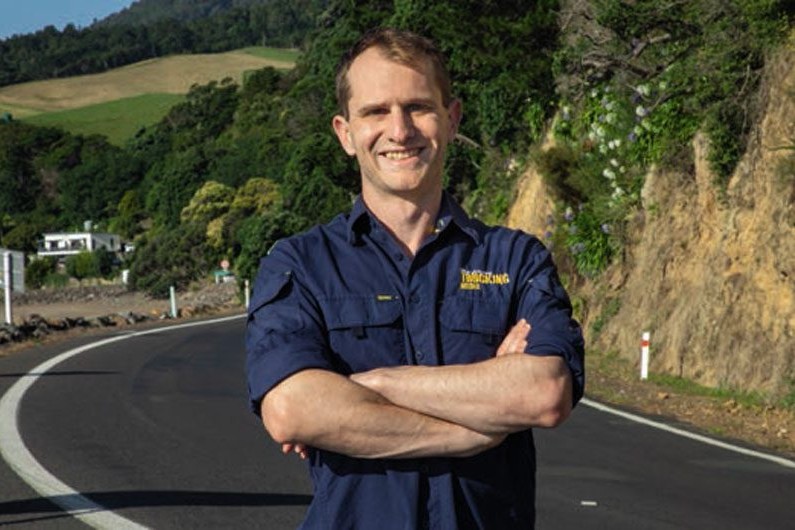
If you ever wanted an example of how naive and disconnected many folk are from their accountability, it’s been the past 20 days of politics in New Zealand. Not that I think the time spent justifies anyone getting antsy and impatient – three political parties are attempting to find common ground from which to govern, and one of the players is not a vanilla, try-and-please-as-many-as-possible centrist.
We have three parties seeking agreement because that’s what the nation voted for. It’s as simple as that. The process is indeed a form of national accountability. I’m not saying that’s wrong or right, good or bad, it’s simply the result of 14 October.
Of course, mainstream media today tends to swing so far left as to embarrass the profession generally, largely attributable to indoctrination as they pass through the tertiary education system. Journalists have jumped on a ‘perceived’ delay, casting doubt and influence into the minds of a country less and less able to create a future for themselves, preferring instead to have one delivered.
As I write this, it appears all sides are happy, and we can now move forward. Christopher Luxon has, by accounts, taken the time to shore up gaps and squirmy discontent on the part of the other two, and if they’ve signed a document to the effect, it’s their integrity that is most under the spotlight for the next three years, not the PM’s. His test will be navigating the perilous waters between the commercial and political worlds.
The really hard part starts today. Attempting to realign the values of a nation to believe in success because of effort rather than debt and handout is impossible in the timeframe of one term.
Luxon and Co are walking headlong into a society that I believe has lowered the personal bar on contribution and accountability even in the short time since the last blue government.
Luxon spoke about simple things like banning cell phones from being used for all but educational purposes in the classroom and was slammed in the social and mainstream media stocks for saying it. All parties in the current coalition talked about considering victims of crime, not just the victims of the environment that drove the criminal act, and even then, attempts were made to discredit their argument. The opposition misread the room on that one with law and order one of the juggernaut policies the new regime rolled into town on.
Accountability. The problem with entering the halls of power in the wake of a period of ideology-led rather than situational and aspirational politics is dealing with a society that has begun believing it’s something it’s not.
Let’s not bother to look at productivity, our kids making prison napalm in schools, or a health system a surgeon told me last week was on the brink of implosion. Let’s look at something far more apparent and in the moment. Retailers say there’s potential for today and this weekend to be the most significant shopping days in history. Black Friday is the post-Thanksgiving gateway to the festive season in the US, with our acceptance, like Lemmings, of another act of debt-fuelled consumption.
Former IRTENZ president and interim CEO at Ia Ara Aotearoa Transporting New Zealand Dom Kalashi spoke at the IRTENZ conference last week, and paraphrasing what was said, we must ensure the road transport industry is not the whipping post for climate action or inaction as the case me be.
In that vein it’s no use complaining about the trucks on the road loading the malls for black Friday sales. Yet all this is happening against a backdrop of a society supposedly wanting an environmental renaissance. How do you govern that?
Yes, the coalition wrangle was easy in comparison to what will follow. Society will hold the new government accountable for what it says it will do and what it does in response, and that’s fine; it’s the privilege our forefathers fought for us to hold. Where society will go tragically wrong is not holding itself accountable for what it supposedly wants. For that, it will pay a hefty price.
All the best
Dave McCoid
Editorial Director



